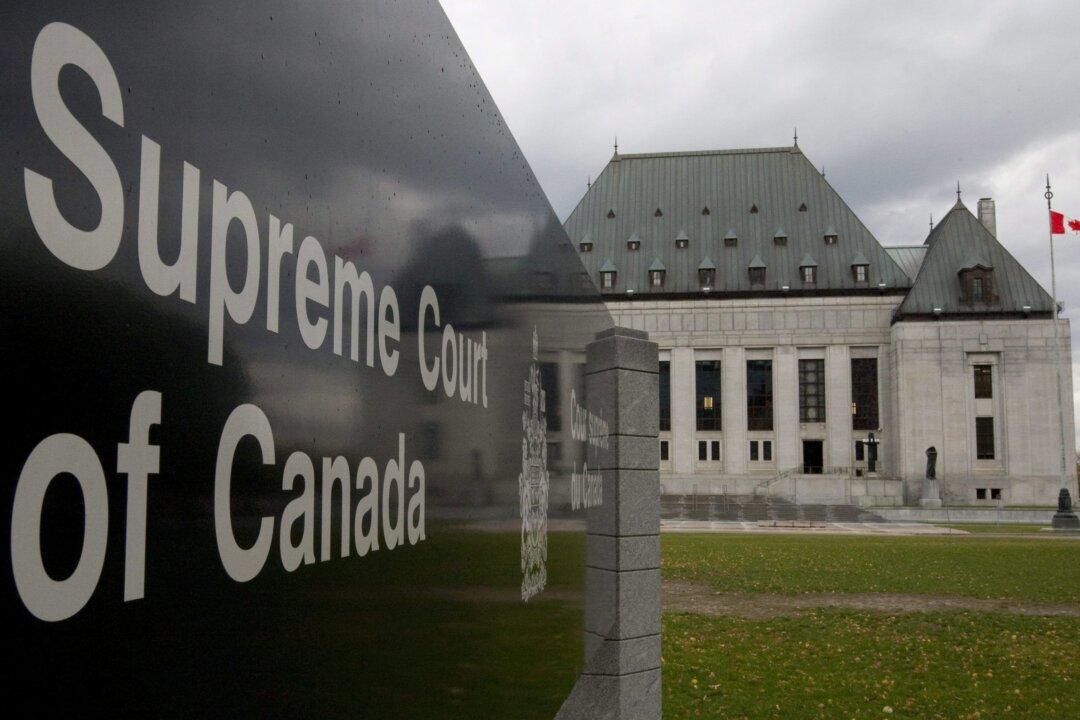Ottawa’s move to make bilingualism a requirement to sit on the Supreme Court of Canada has sparked criticism from diversity advocates who fear it will exclude qualified candidates who don’t speak both French and English. Some are also concerned that it will limit the talent pool and lead to bias in the judicial system.
In 2016, the federal government called for new Supreme Court justices to be functionally bilingual and, in Prime Minister Justin Trudeau’s words, “representative of the diversity of our great country.” This February, the government announced it would formally add bilingualism as a legal requirement for appointment to the Supreme Court by amending the Official Languages Act.





